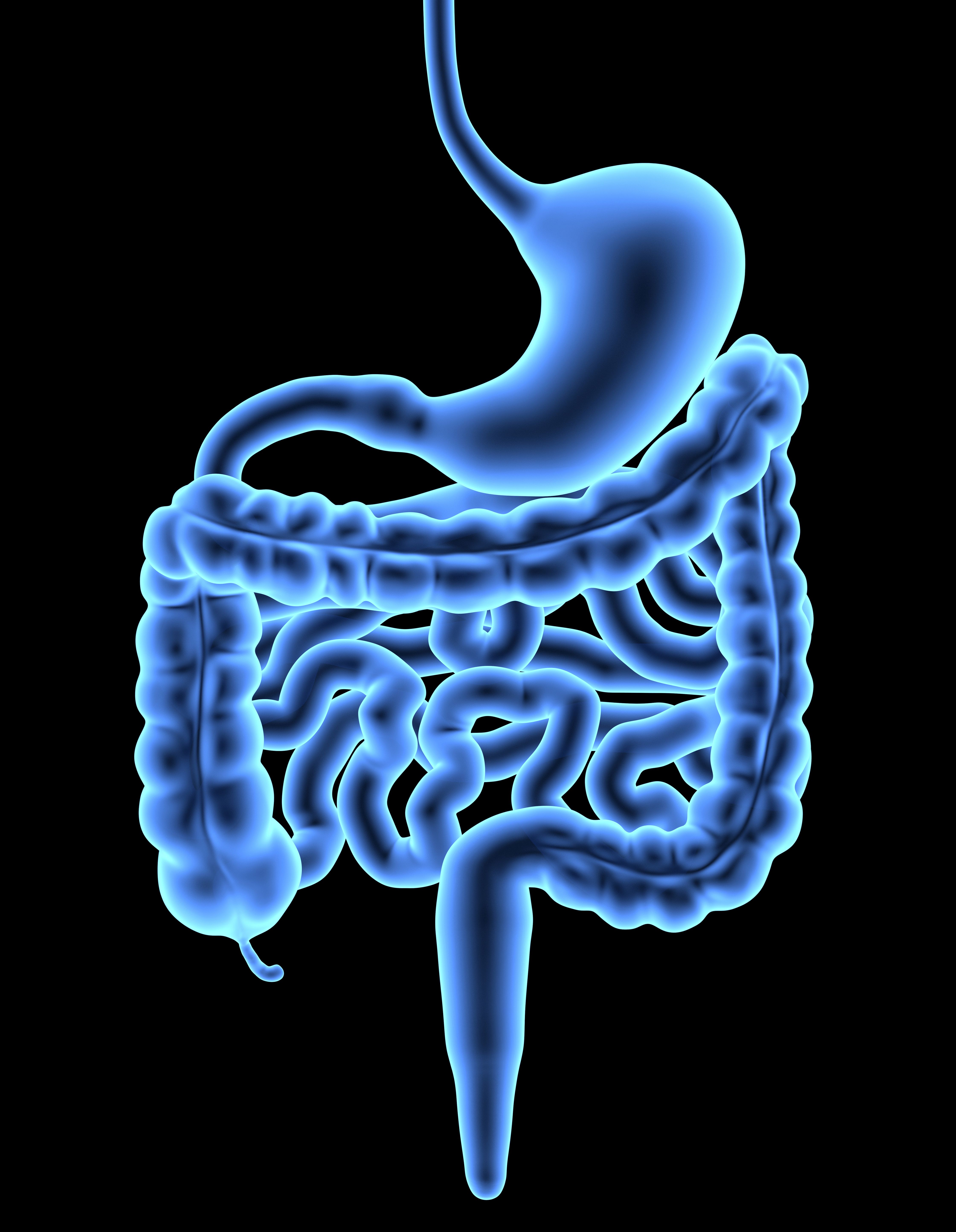Frontline Tislelizumab Plus Chemo Achieves 34% Reduction in Risk of Death in Advanced ESCC
In the RATIONALE 306 clinical trial, the combination of tislelizumab and chemotherapy achieved a 34% reduction in the risk of death in patients with unresectable, locally advanced, or metastatic esophageal squamous cell carcinoma with either high or low PD-L1 expression.

The frontline combination of tislelizumab plus chemotherapy demonstrated significant improvement in overall survival (OS) in adult patients with unresectable, locally advanced, or metastatic esophageal squamous cell carcinoma (ESCC), regardless of PD-L1 status, according to an announcement by Novartis.1
Results from the phase 3 RATIONALE 306 of tislelizumab plus chemotherapy were reported during a late-breaking oral session at the 2022 European Society for Medical Oncology World Congress on Gastrointestinal Cancer. The median OS observed in the tislelizumab plus chemotherapy was 17.2 months (95% CI, 15.8-20.1 months) vs 10.6 months (95% CI, 9.3-12.1 months) in the chemotherapy plus placebo arm, showing a 34% reduction in the risk of death by (hazard ratio [HR], 0.66; 95% CI, 0.54-0.80, P <0.0001).
“These data, which show tislelizumab plus chemotherapy extended patients’ lives by a median of more than six months, are a promising outcome in the treatment of this aggressive cancer,” said Ken Kato, MD, PhD, chief of Head and Neck Medical Oncology, National Cancer Center Hospital, Tokyo, Japan, in a press release. “Importantly, the significant overall survival benefit was observed across all patient subgroups in the trial, indicating that tislelizumab plus chemotherapy may be a viable treatment option for patients regardless of their PD-L1 score.”
In the randomized, placebo-controlled, double-blind, phase 2 RATIONALE 306 study (NCT03783442), 649 patients were randomly assigned 1:1 to receive either tislelizumab plus chemotherapy or chemotherapy plus placebo. The study’s primary end point is OS in the all-comer intent-to-treat population. The secondary end points of the study include OS in patients with PD-L1 score ≥ 10%, progression-free survival (PFS), objective response rate (ORR), duration of response, health-related quality of life measures and safety.2
Results for the PD-L1-high subgroup (PD-L1 score ≥ 10%), tislelizumab plus chemotherapy showed that tislelizumab plus chemotherapy had a median OS of 16.6 months (95% CI, 15.3-24.4) compared with 10.0 months (95% CI, 8.6-13.0) among patients who were treated with chemotherapy plus placebo, achieving a 38% reduction in the risk of death (HR, 0.62; 95% CI, 0.44-0.86, P =0.0020). In those with low PD-L1 expression (PD-L1 score < 10%), the median OS with tislelizumab plus chemotherapy was 16.7 months (95% CI, 13.0-20.1) vs 10.4 months (95% CI, 9.1-13.0 months. The hazard ratio for the decrease in the risk of death observed with tislelizumab/chemotherapy over chemotherapy/placebo was 0.72 (95%CI, 0.55-0.94).1
The survival benefit of tislelizumab plus chemotherapy consistent across all other subgroups, including various racial groups, patients in different geographical regions, and those who received investigator’s choice of chemotherapy.
Tislelizumab plus chemotherapy also significantly improved PFS in patients with unresectable, locally advanced, or metastatic ESCC, with a median of 7.3 months compared with 5.6 months in the chemotherapy/placebo (HR, 0.62; CI, 0.52-0.75, P <0.0001). The ORR observed with tislelizumab plus in RATIONALE 306 was 63.5% vs 42.4% with chemotherapy and placebo (Odds ratio, 2.38, P <0.0001).
In terms of safety, both treatment arms showed a similar incidence of treatment-related adverse events (TRAEs). The most common TRAEs in the tislelizumab plus chemotherapy arm vs the chemotherapy plus placebo were anemia (68% vs 61%), decreased neutrophils (78% vs 80%), decreased white blood cell count (55% vs 65%), decreased appetite (39% vs 38%), nausea (37% vs 42%) and peripheral sensory neuropathy (26% vs 21%).
“The prognosis for ESCC remains poor, with a five-year survival rate of just five percent, and patients are in need of more treatment options, especially in earlier lines of therapy,” said Jeff Legos, executive vice president, Global Head of Oncology & Hematology Development, Novartis, in a statement. “These results add to the growing body of evidence demonstrating the potential for tislelizumab to help patients with esophageal cancer and reinforce our commitment to studying tislelizumab alone and in synergistic combinations across additional tumor types that may benefit from an immunotherapy.”
Tislelizumab, an anti-PD-L1 monoclonal antibody, currently has a biologics license application under review with the FDA for the treatment of unresectable recurrent locally advanced or metastatic ESCC in previously treated patients. The application for FDA approval is supported by the RATIONALE 302 data. Tislelizumab is also under review by the European Medicine Agency.
REFERENCES:
1. New phase 3 data show Novartis tislelizumab significantly extended median overall survival by more than 6 months in first-line advanced esophageal cancer in combination with chemotherapy. News release. Novartis. June 30, 2022. Accessed July 1, 2022. https://bit.ly/3a4ixcL
2. A study of tislelizumab (BGB-A317) in combination with chemotherapy as first line treatment in participants with advanced esophageal squamous cell carcinoma. Clinicaltrials.gov. Updated May 2, 2022. Accessed July 1, 2022. https://clinicaltrials.gov/ct2/show/NCT03783442